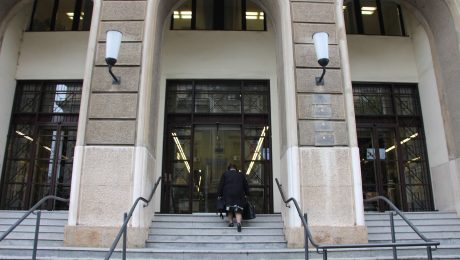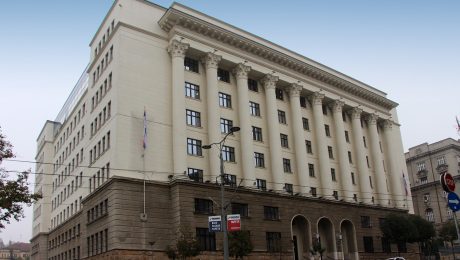Commercial Appellate Court Victory for Basketball Executive
Sunday, 24 February 2019
by ZS Law
- Published in Deals and Cases
Commercial Appellate Court Victory in a Shareholder Dispute for Živković Samardžić Client
Wednesday, 31 January 2018
by ZS Law
- Published in Deals and Cases
Shift in case-law related to appropriation of encumbered real property
Monday, 12 June 2017
by ZS Law
[vc_row][vc_column width=”1/2″][vc_column_text]The 2005 Serbian Law on Hypothec (Official Gazette of the Republic of Serbia, No. 60/2005), introduced the possibility of out-of-court collection and in particular the so-called ‘subsequent agreements’, allowing appropriation of encumbered real property instead of satisfaction of secured claim (Article 27 of the Law on Hypothec), but had its flaws that were severely
- Published in Insights
The Supreme Court of Cassation sets an arena for the confrontation between the lawyers and the notaries
Monday, 17 April 2017
by ZS Law
[vc_row][vc_column width=”1/2″][vc_column_text]An issue of whether a real estate purchase agreement assembled by the notary as an authentic instrument (notarial act) is a form valid for the inscription of ownership into the real estate cadastre in Serbia, became the matter of dissagreement among the legal professionals after the recent rulling of the Supreme Court of Cassation.
- Published in Insights
Different Courts, Different Viewpoints: Article 26 of the Law on Enforcement and Security
Sunday, 26 March 2017
by ZS Law
[vc_row][vc_column][vc_single_image image=”5466″ img_size=”535×356″ alignment=”center”][/vc_column][/vc_row][vc_row][vc_column width=”1/2″][vc_column_text] The improvement of efficiency and speeding up of enforcement proceedings were among the top priorities emphasized as justification for the enactment of the new Law on Enforcement and Security (Official Gazette of the Republic of Serbia, No. 106/2015 and 106/2016, hereinafter referred to as: “the Law”). Among the provisions intended
- Published in Insights
Another Supreme Court of Cassation Victory in a Multimillion Shareholder Dispute
Wednesday, 13 July 2016
by ZS Law
- Published in Deals and Cases
Živković Samardžić achieves Supreme Court of Cassation victory for Vojvodjanska banka a.d.
Tuesday, 05 July 2016
by ZS Law
- Published in Deals and Cases
Current Events Exception Reinterpreted in a Landmark Copyright Infringement Case
Wednesday, 22 June 2016
by ZS Law
- Published in Deals and Cases
Živković Samardžić secures victory for NBG group member at the Supreme Court of Cassation of Serbia
Sunday, 14 December 2014
by ZS Law
- Published in Deals and Cases








